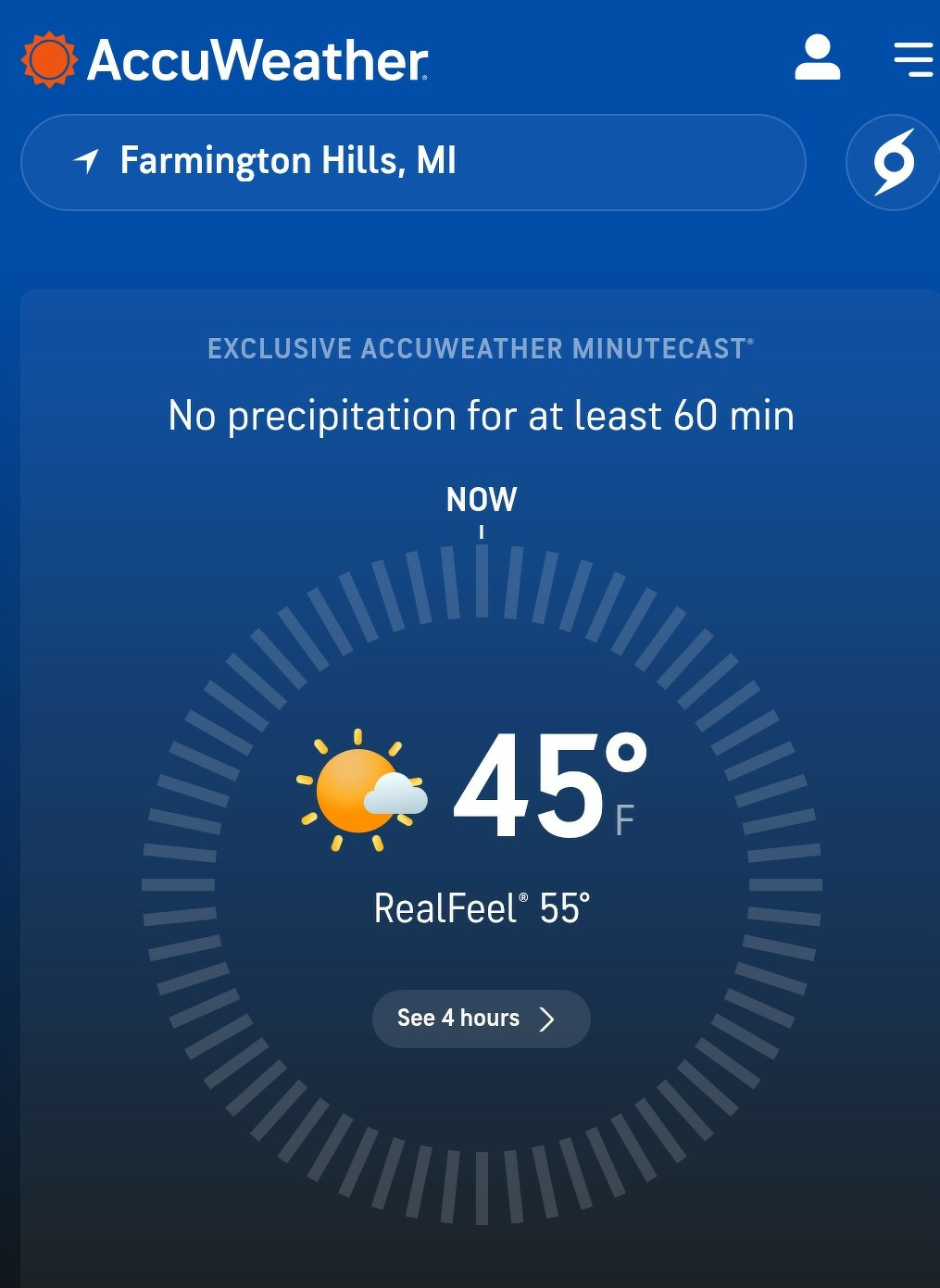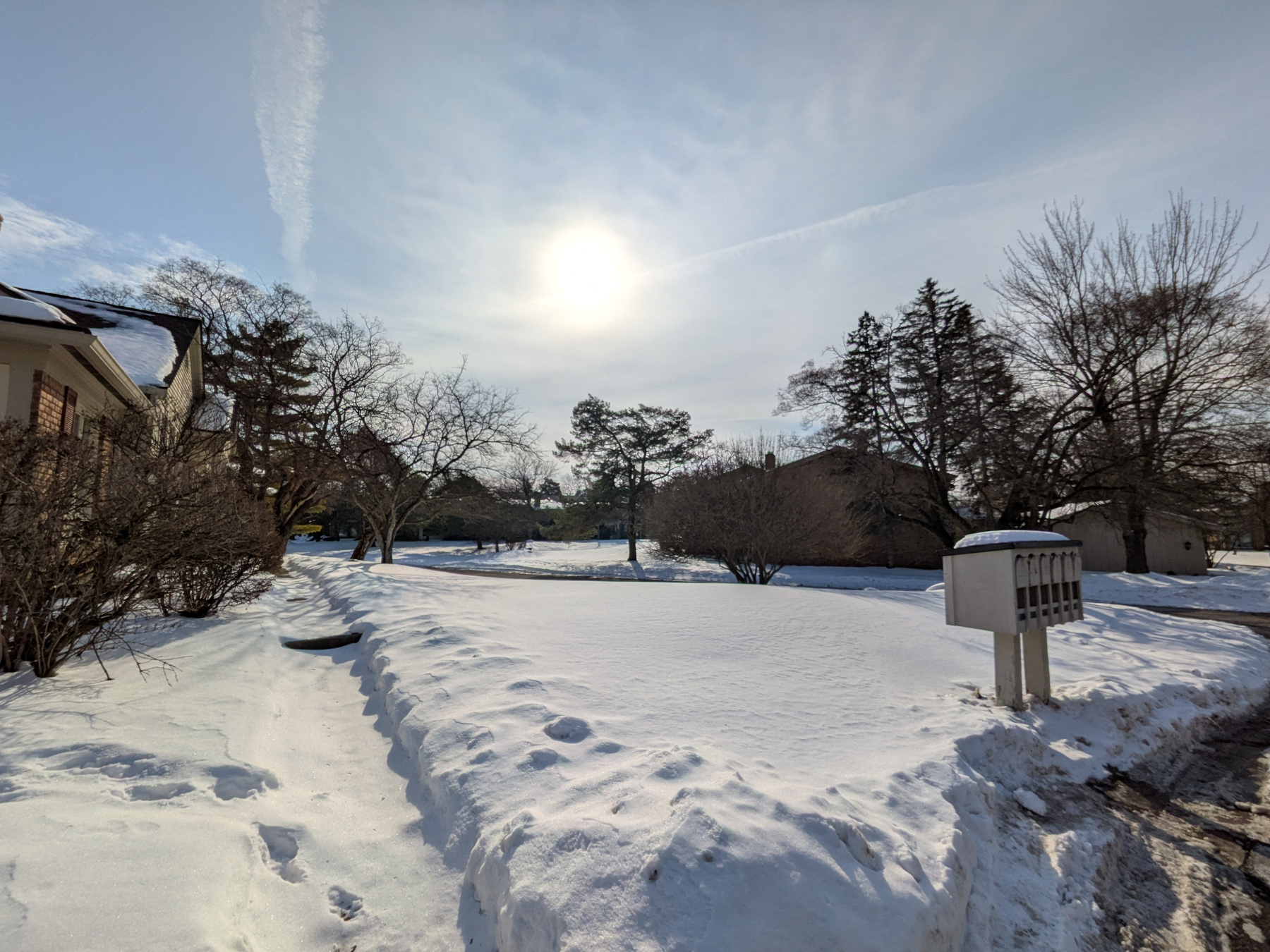Decouple Meaning From Employment
In his blog post, The End of the Office, Andrew Yang paints a very dire picture but one that I think must be seriously considered. I think Yang’s fifth point is most important:
Pessimism and anger will rise up. I saw a note on social media that said, “Do you really think politicians will let millions lose their jobs? They’ll ban AI first.” Has this person been paying attention? Go talk to the manufacturing workers or the journalists and see how it worked out. Hundreds of billions of dollars have not been spent on this technology for corporate juggernauts to stop now, and most officials have been cheerleading what they see as progress. The genie is out of the bottle.
The social contract of ‘study hard, go to school, get a good job, live a decent life’ is about to be vaporized to smithereens. Upward mobility for most will be a thing of the past. People are not going to take it well. Particularly educated people who think that they deserve better. That’s an ingredient for revolt.
What Yang describes has been happening for the last several decades and the wealthy class embrace of AI will accelerate the process. I fear the consequences significant. A society built on consumption is really built on employment because one must be employed to earn the money to spend on the products to be consumed. Worse is that how we define people has good or bad, successful or unsuccessful is defined by employment. Think of Ronald Reagan and the “welfare queen." Think of the ongoing war between the wealthy class and wealth redistribution put in place under FDR that contributed to forming the middle class in the United States.
We will need to redefine employment in the United States, such as less than a 40 hour work week, decouple fundamental necessity of healthcare from employment, and change how we define and measure success.

Finished reading: Cross Purposes by Jonathan Rauch 📚
What I learned from this book is that while the United States is not a Christian nation, it was founded by people who considered Christian values a given. Consequently they did not feel it was the place of government to institute Christian virtues because they believed that best done by the churches.
Two Way RSS
Yesterday I wrote a draft post about RSS Feeds and I wrote this:
A lot of pixels are being dedicated to writing about Really Simple Syndication (RSS) feeds, which I think of as a “broadcast medium” for text and files.
The U.S. Men’s hockey team won the Olympic gold medal beating Canada in overtime, 2-1. The last time I saw the U.S. men’s hockey win gold I was 14 years old.
I got to admit that I am going to miss the Olympics after it concludes tomorrow. I’ve been in the habit of turning on the TV in the morning with the events going in the background as I do my morning routine.
The cycle of yearly new phones from Apple and Google are not about significant changes between one year to the next. I don’t think Google expects Pixel 9a users to want to replace the phone they bought last year with the Pixel 10a this year, therefore it makes sense that the Pixel 10a has incremental improvements. I really don’t know why the reviews of these phones focus on the small number of changes from one phone to the next. It makes more sense, in my opinion, to compare the upcoming Pixel 10a to the Pixel 8a and 7a. My guess is that the improvements from the 7am, or older, is the most compelling reason to by a Pixel 10a.
An observation. Learned about this directory of independent journalists, and notice that newsletter - Substack is the top platform, Instagram is second. Website is fifth with 87. Can’t help but notice that what appears to me to be newer sites usually do not have RSS feeds. Most sites do have a Subscribe button that is for an email newsletter.
In this video on YouTube, Kitt Betts-Masters shows the technology behind Wacom’s EMR pens. I currently primarily use felt nibs in the EMR pens I use with my Viwoods AI Paper Mini and Boox Note Air 3C, but I am curious about how the ceramic nibs feel. My concern has been with the effect of using ceramic nibs, even the ones provided by Viwoods, on the life of the screen.
The Guardian, Forget Maga. Welcome to Mega: Make Empire Great Again
Fresh from toppling the president of Venezuela and taking control of the world’s largest oil reserves, the Trump administration’s top diplomat arrived at the Munich security conference on Saturday with a rather new and very disturbing message for European governments. Empire is great. Empire is back. Empire is American.
Oceans Rise, Empires Fall
Title inspiration: You’ll Be Back
Joan Westernberg uses the failure of empires as a metaphor for why current predictions about AI are likely not to be completely realized. She equates empires with corporations and says this:
We haven’t seen the first great AI collapse. We haven’t seen a foundation model company make the BlackBerry mistake or the Nokia mistake, or the Roman mistake, or the Ottoman mistake or reach their Bunker-in-Berlin mistake. But we will, and we’ll see it multiple times, because these mistakes = features of power concentration. The hubris that makes a company or an empire dominant in one era is frequently the quality that blinds it to the next one. If you could ask Lazaridis in 2006, or a British colonial administrator in 1900, whether their model of the world was permanent, each would’ve given you a very convincing explanation for why it in fact was.
The interesting thing is that while she is applying the fall of empires to AI, she could actually be describing what is happening right now in the United States. We are living in a period of time in which the fall of the U.S. empire is accelerating. I think AI is a contributor to the fall of the U.S. empire because employment is a pillar of the empire that has been built using economic might.
Those of us who have been raised on the privileges of the U.S. empire are being told that the source of our pain is the “other,” however that is defined (race, nationality, gender) by each one of us. The purpose is self preservation for the people in power who created and maintained the U.S. empire for their personal benefit, but as Joan points out history shows they too will ultimately fail.
That anxiety you are feeling is being caused by the stones of the U.S. empire starting to fall around you. All you have known is the life the empire has provided to you and you know your life is going to change. We know this in our bones because change is a cosmic truth.
Da da da dat da dat da da da da ya da
I wish that the micro.blog editor had a “source code” mode. Yesterday I uploaded a screenshot from my phone and after viewing in in a desktop web browser I wanted to reduce the size by half. I went to edit the post but found no way to actually see the img html tag to change the width and height. I had to remove the picture, go in to Uploads, copy the HTML, then go back to the post and add the HTML and then change the width and height.
It is absolutely gorgeous outside right now. Have a great day!

I spent the afternoon working on and testing Scott Hanson’s dockerized version of Feedland. I’ve written notes but I don’t have the time now to edit and post them, which I will do this weekend. The net is that like the other time I installed Feedland in my home lab, I could not get browser access via HTTP to work. The web browser just simply refuses to load the site and displays an SSL error message. The good news is that I did get access to work via my Nginx and duckdns.org configuration in the same manner as I have done with other apps hosted in my home network.
I have moved some equipment around in the home office so that I can use the adjustable/standing desk while standing. This is the first time I have experienced moving my Macbook between external monitor configurations and I am impressed by the fact that it remembers the different configurations.

I really hate how streamers create horrible user experience for the sake of commercials. I am watching the Olympics on Peacock and using the “Top Events” multi-view mode to watch a hockey game, when the period ends I want to check in on the other events but cannot switch because Peacock disables navigation during commercials. How do they think people use multi-view?
Tigers and Justin Verlander agree to one-year contract for 2026 season
Really glad to see Verlander return to where it all started for him. Who knows how much can contribute but he does have experience to pass along.
A benefit of retirement is that I am able to watch the 2026 Winter Olympic events live during the afternoon and because of that I am seeing much more of the Olympics than ever before. In addition to having the time to watch, technology, particularly Peacock, is helping by putting all of the U.S. coverage in one spot. To be honest, I am not constantly watching but I have it on in the background as I sit here at my desk.
Today for the first time in a month I took a walk outdoors in sweats rather than my full winter gear. Temps are already in the high 30s and could reach the high 40s. And, today pitchers and catchers report to MLB spring training.

Down The Drummer Rabbit Hole
Earlier today I noted that Dave had posted about the issue I encountered on January 30 preventing me from publishing my Daynotes using the “default” blogging tool in Drummer referred to as “Old School,” which is descriptive of a day based blogging format.
I started the process of making and testing the changes that Dave suggested, finding them to be more involved, but the net result is that the Daynotes site is now served by HTTPS rather than only being accessible via HTTP.
When the ability to build the blog from within Drummer broke I did my own work around by creating a new OPML file that is served by my instance of PagePark, which is Dave’s web server app that knows how to render OPML files for web browsers. For now I am going to continue using my “new” Daynotes outline file while using the Drummer blog for longer articles. My simple forwarding url for daynotes (daynotes.frankm.info) will go to single outline page while I have created a new forwarder for the Old School site (oldschool.frankm.info).
As I have been blogging more about tablets, particularly e-ink tablets, I added a Tablets category here and today I spent some time adding that category to related posts I have written during the last year.